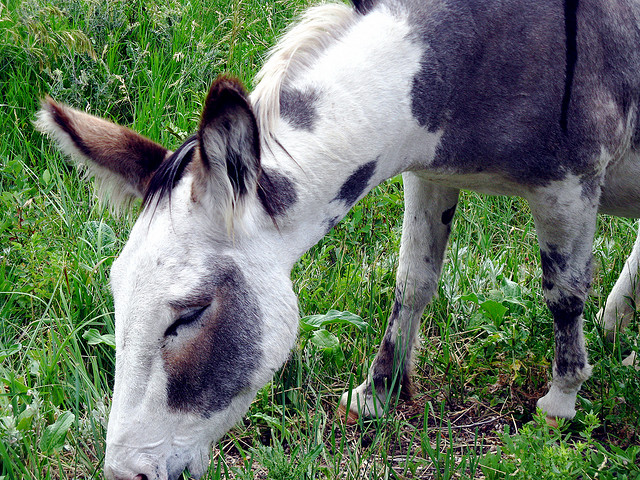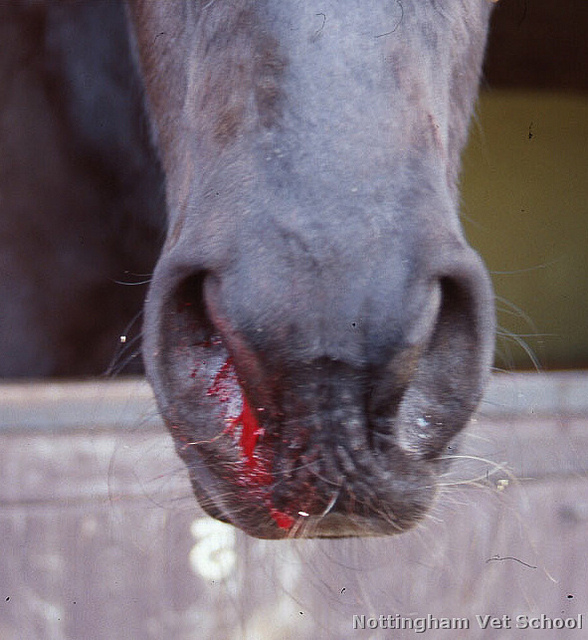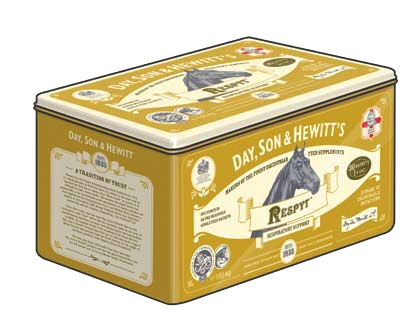What are the Main Causes of Respiratory Diseases in Horses?
Bacterial and Viral Infections
The two most serious diseases that fall into this category are equine influenza (viral) and Strangles (bacterial). The nature of bacteria and viruses means that these diseases are highly infectious and can spread very rapidly between horses. It is therefore critical that they are recognised and treated early.
Foals and young growing animals are very susceptible to infectious respiratory conditions so it is essential to monitor them closely and to contact your vet at the first sign of a problem.
Parasitic Infections
Parasites are organisms that live on or within a host and take nourishment from that host – horses are prone to several parasites, worms being the most common. Lungworm spends part of its lifecycle in the lungs and respiratory tract of horses and ponies, which causes chronic coughing.
About 70% of donkeys in the UK are infected with lungworm but hardly show any signs of infection. As a result of this, horses and ponies that graze with donkeys are at particular risk of catching this parasite.
Allergies
Like humans, horses can have allergies to pollen or dust, resulting in sneezing and breathing problems. The term used to describe a respiratory allergy in horses is chronic obstructive pulmonary disease (COPD).
This describes a condition that is very similar to asthma in humans. COPD may be triggered by an allergic response to the dust or pollen found in hay and straw, resulting in a narrowing of the airways that can lead to coughing, loss of performance in competitive animals and, in severe cases, wheezing and breathing difficulties.
There is also a related condition called summer pasture-associated obstructive pulmonary disease (SPAOPD) which may be caused by pollen and is seen during the warmer summer months.
Anatomical problems
Horses can develop physical problems within the structures of the respiratory tract (pharynx, larynx, soft palate, epiglottis, trachea), which can cause partial obstruction of the airways. This can result in abnormal respiratory noises (‘whistling’ and ‘roaring’) and impaired breathing.
Large breeds (such as warmbloods) are most prone to these problems, especially if doing competitive work, but in most cases they can be corrected by surgery.
Exercise-induced (‘Bleeder’)
Exercise-induced pulmonary haemorrhage (EIPH) is seen primarily in racehorses but can affect any horse. After strenuous exercise, affected horses will be seen to suffer nosebleeds. It is now known that this bleeding stems from the lungs and is therefore a serious problem.
Research continues into the cause of the problem, but it is currently thought to result from the extreme high blood pressures endured by the smallest blood vessels in the lungs during intense exercise.
What are the signs of respiratory disease in your horse?
Initial symptoms of a respiratory problem:
• Coughing when eating, starting exercise or during mucking out.
• Nasal discharge – clear or mucous-like, becoming white/yellow like pus.
• Wheezing sounds.
• Reduced exercise tolerance.
• Increased respiratory rate (a normal rate would be around 8 to 20 breaths per minute).
• Swelling of the glands in the throat lash area (especially seen in strangles)
Respyt can be used as a preventative, to help prevent the occurrence of respiratory problems before they happen or as therapy when visible signs of respiratory distress begins to show.
Active ingredients in Respyt include N-Acetylcysteine, a natural derivative of the amino acid – cysteine, which has mucolytic (mucus-dissolving) properties. By increasing levels of Glutathione, N-Acetylcysteine works to thin out thick layers of mucus.
In addition Herbs, Garlic, Plantain, White Horehound and Coltsfoot are included in Respyt, these ingredients have a soothing and healing effect on an irritated respiratory system. Antioxidants Vitamins C & D also play an important part too; repairing the damage associated with inflammation of the airways, helping to protect cell membranes.
Respyt is packaged as a month’s supply of individual sachets to ensure the vital ingredients are delivered to your horse as fresh as the day they were manufactured.



